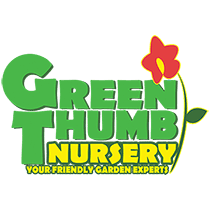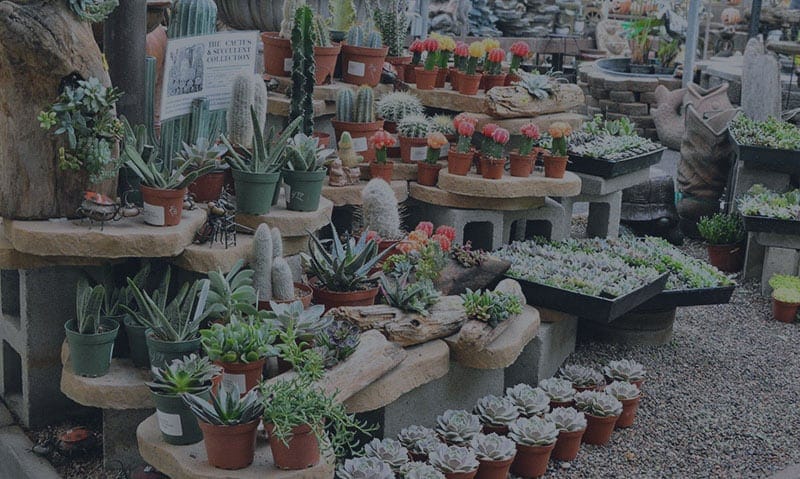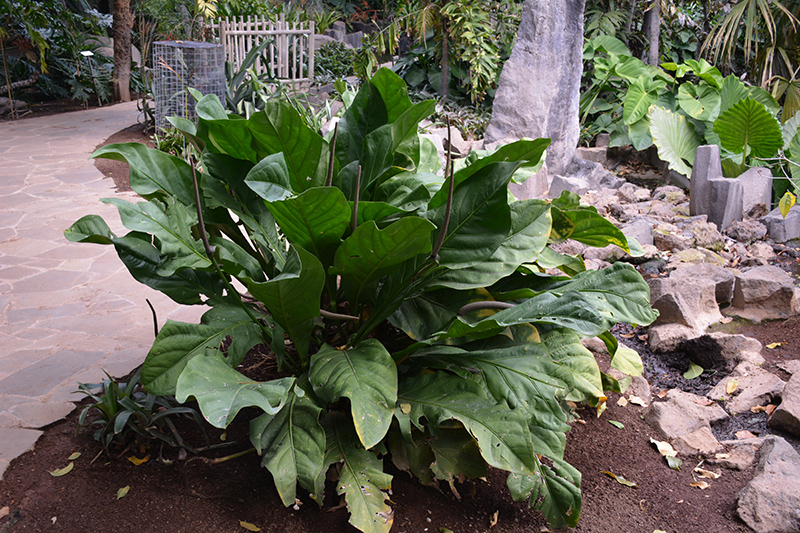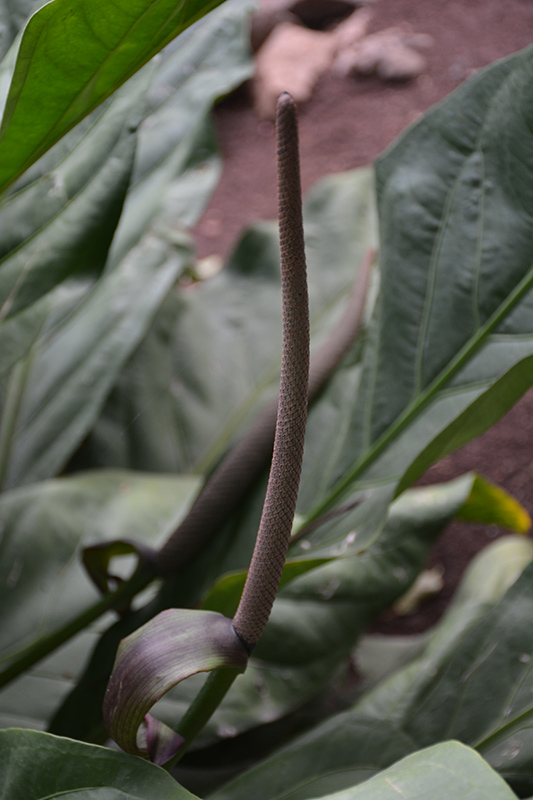Height: 3 feet
Spread: 3 feet
Sunlight:
![]()
![]()
Other Names: Bird's Nest Anthurium
Description:
A wonderful, extra large sized anthurium that produces large, dark green leaves; features dark purple spathes and long and slender brown spadix; fast growing and low maintenance, perfect addition to tropical landscapes or bright indirect indoor areas
Features & Attributes
Pheasant's Tail's large glossy oval leaves remain dark green in color throughout the year on a plant with an upright spreading habit of growth.
This is an open herbaceous evergreen houseplant with an upright spreading habit of growth. Its relatively coarse texture stands it apart from other indoor plants with finer foliage. This plant may benefit from an occasional pruning to look its best.
Planting & Growing
When grown indoors, Pheasant's Tail can be expected to grow to be about 3 feet tall at maturity, with a spread of 3 feet. It grows at a medium rate, and under ideal conditions can be expected to live for approximately 5 years. This houseplant performs well in both bright or indirect sunlight and strong artificial light, and can therefore be situated in almost any well-lit room or location. It does best in average to evenly moist soil, but will not tolerate standing water. The surface of the soil shouldn't be allowed to dry out completely, and so you should expect to water this plant once and possibly even twice each week. Be aware that your particular watering schedule may vary depending on its location in the room, the pot size, plant size and other conditions; if in doubt, ask one of our experts in the store for advice. It is not particular as to soil pH, but grows best in rich soil. Contact the store for specific recommendations on pre-mixed potting soil for this plant. Be warned that parts of this plant are known to be toxic to humans and animals, so special care should be exercised if growing it around children and pets.
There are many factors that will affect the ultimate height, spread and overall performance of a plant when grown indoors; among them, the size of the pot it's growing in, the amount of light it receives, watering frequency, the pruning regimen and repotting schedule. Use the information described here as a guideline only; individual performance can and will vary. Please contact the store to speak with one of our experts if you are interested in further details concerning recommendations on pot size, watering, pruning, repotting, etc.



